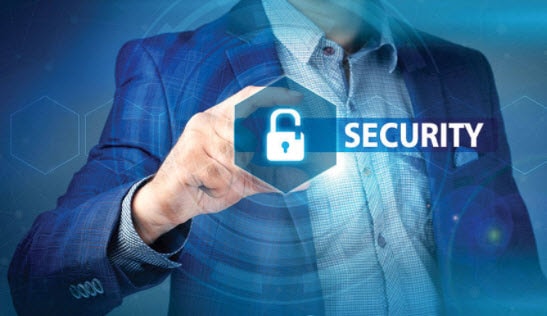
Security is important, especially with computers, internet, and personal information. Here’s a few cybersecurity tips to keep yourself safe.
Follow These Cybersecurity Tips for Safe Computer Access
Make use of passwords and PINs
Your passwords and PINs are an imperative line of defense, not only for your devices, but especially for your online “existence” – your social media profiles, online-shop accounts and access to your online-banking.
In other words: When your device offers you the option to use are protective password or PIN (personal identification number) in order to access it, then do make use of it. (The access to your various online profiles is usually password-protected as a rule, anyway.)
Avoid easy guesses
Don’t use PINs like 1234 or your birthday – those are combinations that other people often try first to get unauthorized access.
The same goes for passwords: Neither your own name, nor your partner’s or your children’s names are a difficult leap – and would-be hackers know that, too – so it’s better if you stay clear of such password choices.
Make your passwords more complex (and therefore more difficult to guess or hack) by making them at least eight digits and a combination of letters, numbers, and where applicable, even symbols. When you set up an online-profile, the provider often gives you a guideline regarding the minimum security requirements for your password choice.
Don’t use the same password every time
Make sure not to use the same password all over your various accounts, especially not in combination with the same username or email-address. The reason is a simple one: In case one of your accounts should get hacked after all, you don’t want the hackers to have access to your other accounts as well!
Keep changing your passwords periodically
For similar reasons, it is a good idea to change a once determined password after a while, so that even if your account had been compromised at one point, maybe without your noticing, the hacked password will not work for unauthorized people’s future use.
Organize your passwords and keep them safe
It’s obvious that all these different passwords and user names need some organization as well as safekeeping. You might want to write them down somewhere, but if you do, keep them away from open display and if possible not in direct vicinity to your computer. One way to do this electronically is using a special password-manager software (that can even create unique and elaborate passwords for you).
Make sure to log out of your accounts when you leave, especially on computers that are not yours
Many online-shops provide the option to stay logged in your profile with them, so that you are not automatically logged-out once you check out and leave the shop. This is usually done by checking a little box where you log into your account (e.g. “Keep me signed in”).
While this can be a handy little option to use on your personal device in order to do some quick shopping without having to go through the log-in process, you should definitely not use this option on a public computer, or any computer that other people might have access to. This is one of the basic steps to protect your profiles and accounts – so basic, that the providers of this option usually expressly advise against staying logged-in themselves.
Sources:
https://fieldguide.gizmodo.com/18-ways-to-make-your-online-accounts-more-secure-1793250264
https://support.google.com/accounts/answer/32040?hl=en

